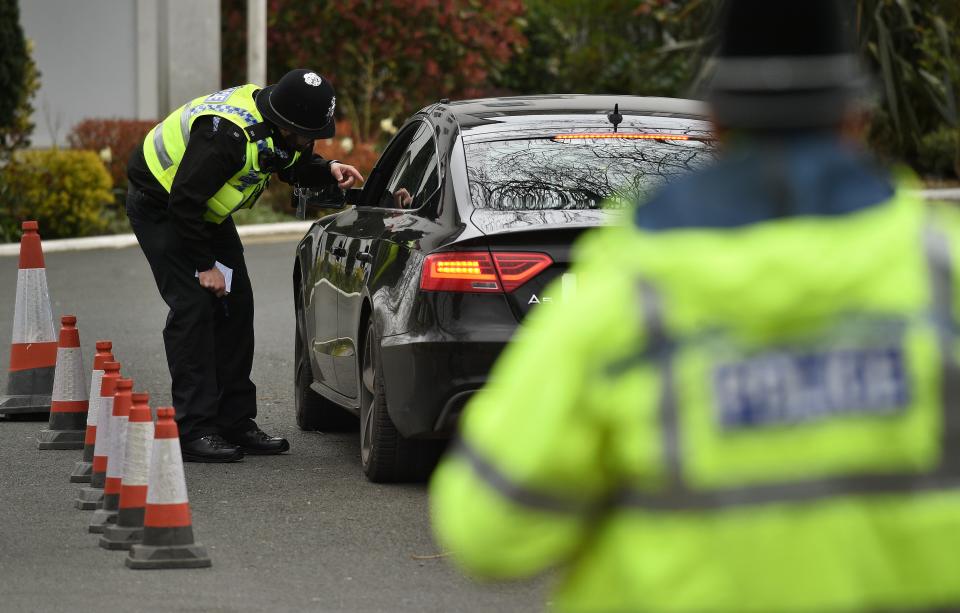Coronavirus: 'Messy' lockdown advice means people don't know if they can go out to buy Easter eggs, says lawyer

Confusion over coronavirus lockdown restrictions means that shoppers are unclear if they can go out to buy an Easter egg, a human rights lawyer has warned.
Adam Wagner, of Doughty Street Chambers in London, told BBC News on Tuesday that people who leave their homes could unfairly receive fines or a criminal conviction because instructions about lockdown restrictions have been “messy”.
He said that leaving your home to buy an Easter egg would be a “slightly risky” move, as police could interpret doing so as a non-essential trip.
There are differences between what is written down in law and what the government advice on leaving the house is, he said.
Boris Johnson said people can only leave their house for one bit of exercise a day during lockdown, but Wagner said the law does not limit how much exercise you can do.
He told BBC News: “It’s really messy. I’m afraid the blame must lie at the government’s hands because when Boris Johnson announced these measures a week ago he said there are four reasons you can leave the house and, for example, one of them is to take exercise, but only once a day.
“And that is the guidance people are following and in fact that’s the guidance that I think a lot of the police are following.”
Latest coronavirus news, updates and advice
Live: Follow all the latest updates from the UK and around the world
Fact-checker: The number of COVID-19 cases in your local area
6 charts and maps that explain how COVID-19 is spreading
He said that in the coronavirus legislation “there’s no mention of one time a day (for exercise), which puts it in conflict with government guidance”.
Wagner pointed out that little detail has been provided over grocery shopping, meaning Brits cannot be sure if they are allowed to go out and buy items such as Easter eggs.
He said that a Christian, for example, could view buying them as an important part of their or their children’s religious culture.
He warned: “It’s probably a bit risky, because of the unclear nature of this law, to go out solely to buy Easter eggs, but in honesty this will have to go to court because the law is so unclear we really don’t know the answer.”
People could be penalised if they are unsure about what they legally can and can’t do and accidentally fall foul of police interpretations of the lockdown rules, Wagner said.
“I’m not sure the police or the government have been very clear about what it is people can do and what is or isn’t going to land you with a fine going up to £960, if it’s a repeat offence, or even a criminal conviction.”
His comments come after ministers were urged to clarify the restrictions, with a Liberal Democrat MP criticising “off-the-cuff remarks” for making the rules unclear.
Transport secretary Grant Shapps has said shoppers should only go to stores once a week and cabinet minister Michael Gove has said jogging should be restricted to thirty minutes.
Government advice does not suggest limiting shops to once a week, instead saying the trips should be infrequent, while it makes no mention of time limited jogs.
Christine Jardine, the Lib Dem’s home affairs spokeswoman, said: “With police taking wildly different approaches to enforcing social distancing measures and ministers’ off-the-cuff remarks adding to the confusion, it’s no wonder people are uncertain about what the government expects of them during this crisis.”
The government has been approached for comment.


